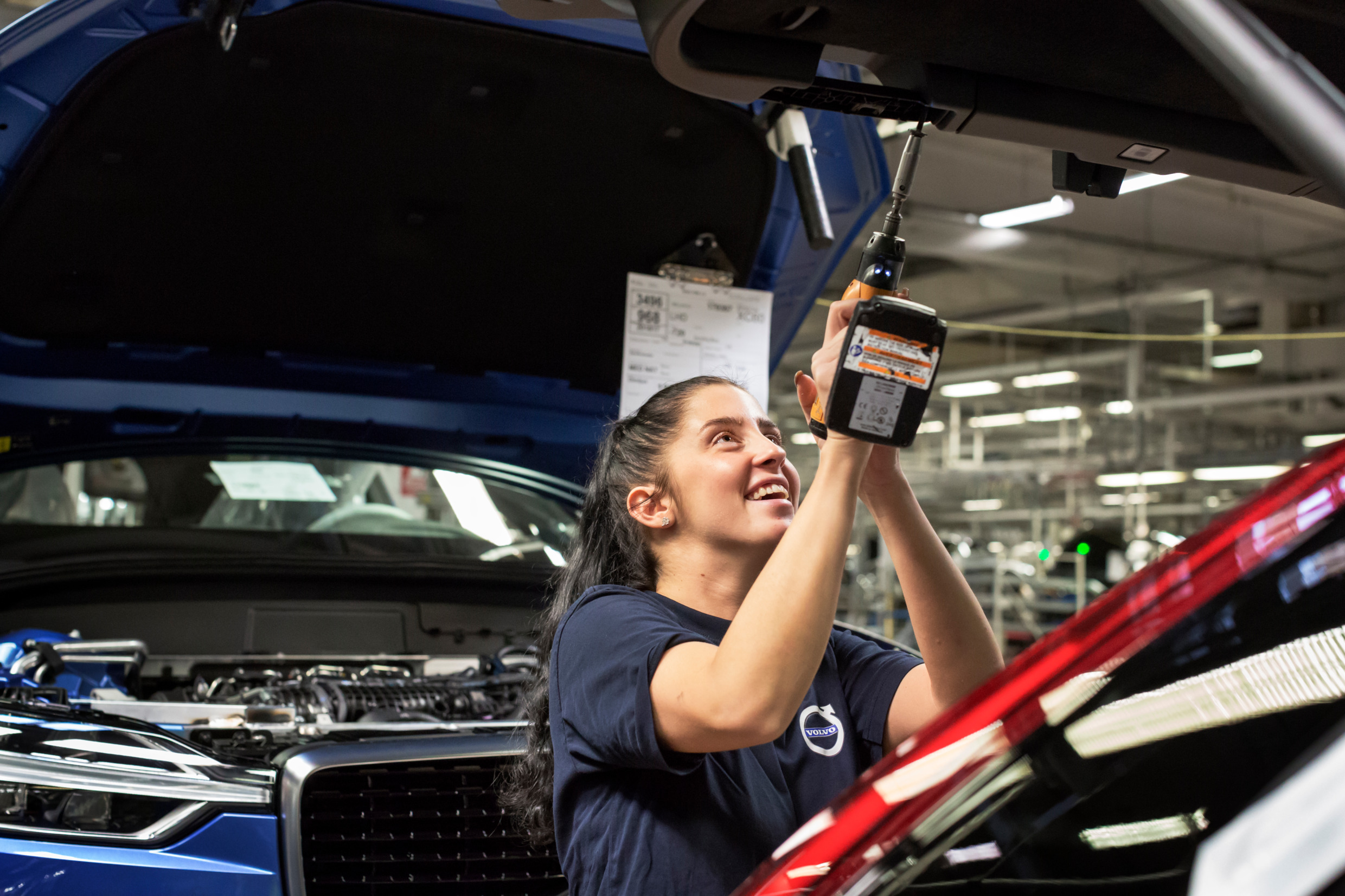Goal 2: Future educational programmes in the Nordic Region must reflect the competency needs of society and the labour market
By 2030, the ability of individuals to develop their own skills all through their lives must continue to form the foundation for life-long learning in the Nordic Region – regardless of needs and ability/disability. At the same time, the Nordic Region also needs to develop flexible and adaptable education programmes and forms of learning that both leverage existing skills within the population base while also meeting the needs of the labour market and wider society. This includes skills development at the workplace, where there is a need for the continuous up-skilling of educators in order to support new methods and practice-based learning. In order to promote our transition into sustainability and to maintain the welfare system, it is necessary to get as many people as possible acquire an education so that they can enter the labour market with the specialised skills and competencies that are needed within the professions that society requires. In parallel with this, the Nordic Region must also make joint efforts to counteract exclusion and marginalisation so as to ensure a transition that is inclusive and effective for all.
